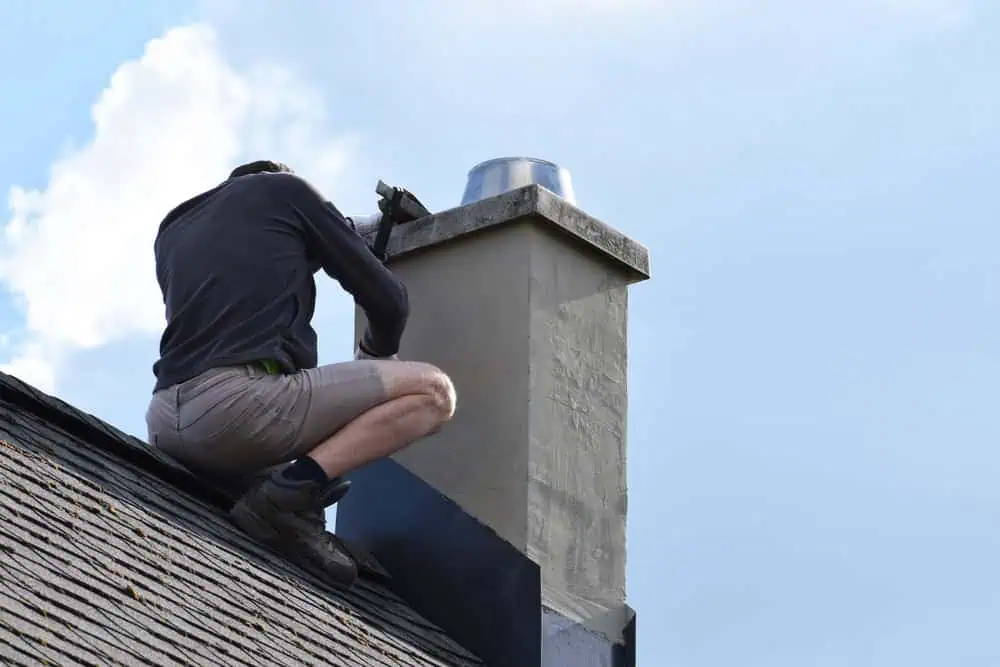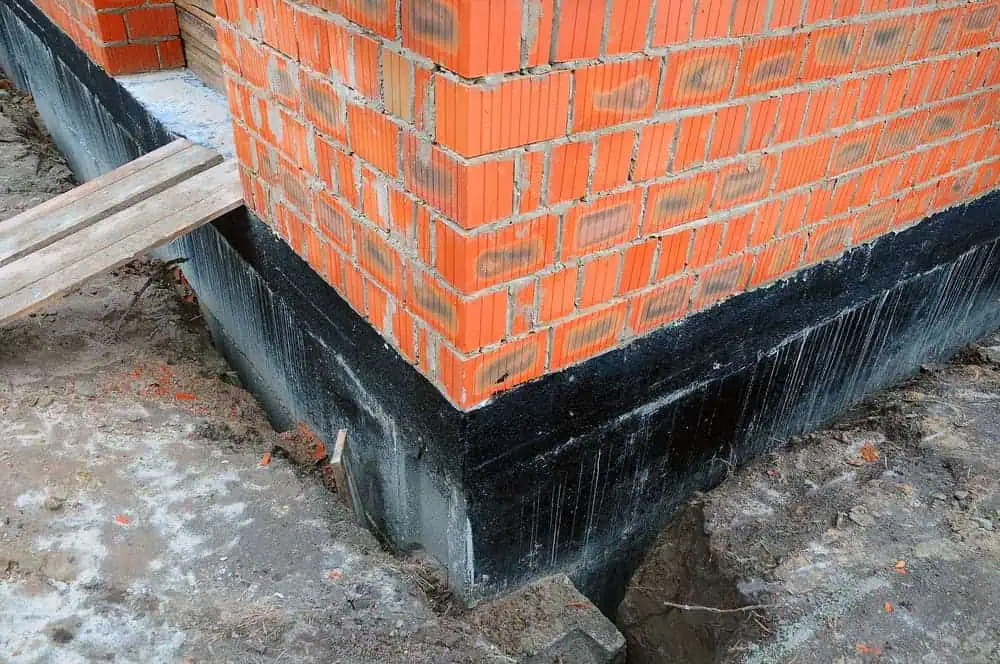Summary:
Why Local Experience Matters for Boston Paving Projects
Local contractors understand the unique challenges for paving in this area because we live here too. Boston’s harsh climate of cold winters and hot summers can be particularly damaging for paved surfaces. That’s why you need a company that has the experience, tools and equipment to get the job done right the first time.
Local contractors often have long-standing supplier relationships, meaning we can source quality materials at lower costs, passing savings directly to you. Out-of-town contractors often add hidden travel fees, lodging costs, and inflated pricing to cover overhead. You’re paying for quality workmanship, not unnecessary extras.
Understanding Boston's Freeze-Thaw Damage to Paving
The annual disintegration of Massachusetts roads is underway, thanks to frigid temperatures, frequent precipitation, and just enough warmth to force little cracks in the asphalt to widen. This same process destroys poorly installed residential paving projects.
The process occurs when water seeps into cracks and freezes. The expansion creates high pressures, which widen cracks or force apart materials. As water crystallizes during freezing, the increase in volume is slightly more than 9% and expansion pressures can exceed 220 MPa—more than enough to fracture surfaces.
When water gets into cracks and freezes, it expands with tremendous force—enough to crack concrete and shift improperly installed pavers. Most contractors don’t understand that Boston’s soil conditions require different techniques than what works in milder climates.
The adverse effects divide into frost heave and thaw weakening. Frost heave is upward pavement movement from expansion as water freezes. The upward soil heave lifts pavement and induces bending stresses that result in cracking. This is why proper base preparation becomes absolutely critical in our climate.
The contractors who succeed here know these challenges intimately. We know which materials work, how deep to dig for proper base preparation, and what drainage solutions actually prevent problems instead of just postponing them.
What Proper Installation Looks Like in Boston
Every quality paving installation includes proper edge restraints and base preparation designed specifically for local soil conditions and weather patterns, using materials that are proven to handle Boston’s climate extremes. This isn’t optional—it’s the foundation of any installation that will survive our winters.
Every installation includes proper edge restraints and base preparation designed for our local soil conditions and weather patterns. You get a finished project that handles Boston’s freeze-thaw cycles without the cracking and settling issues common with inferior installations.
The base preparation process should go deeper than you might expect. When it comes to paving Boston area driveways and parking lots, careful preparations must be made to ensure a quality, long-lasting surface. Experienced contractors understand the many factors that affect the finished product, most of which begin before any material is even applied. We design and engineer your project with consideration for proper slope, elevation and drainage.
When properly installed, pavers are built to flex slightly with ground movement instead of cracking like rigid concrete. Properly installed pavers typically last 20-30 years in Boston’s climate, often longer with basic maintenance. Compare that to concrete patios that start cracking after just a few winters.
Quality contractors also understand snow removal requirements. Your driveway needs to handle snow plows without damage. This means proper thickness, appropriate materials, and edge details that won’t chip or crack under the stress of winter maintenance.
Essential Credentials and Business Practices to Verify
Any contractors conducting work on residential properties in Massachusetts must be registered as a Home Improvement Contractor (HIC). This isn’t negotiable—it’s state law. Ask to see their registration and verify it’s current.
Beyond licensing, look for contractors who offer detailed written estimates, clear timelines, and transparent communication throughout the process. A local contractor is easier to reach when you need follow-up service or future maintenance, standing behind their work with ongoing support and guidance.
Why Material Selection Makes or Breaks Your Project
Contractors who cut corners skip proper base preparation, use inadequate edge restraints, or choose materials that aren’t rated for freeze-thaw cycles. The result? Your beautiful new patio starts showing problems within the first year.
Properly installed pavers typically last 20-30 years in Boston’s climate with basic maintenance. The key is correct base preparation and using materials rated for freeze-thaw cycles. Unlike poured concrete that cracks from frost heaving, individual pavers can flex slightly with ground movement.
Paver driveways offer unique advantages in Boston’s climate. Individual pavers can flex with ground movement without cracking, and damaged pavers can be replaced individually rather than requiring entire sections to be torn up. They also offer better traction in winter conditions and don’t require the regular sealing that asphalt driveways need.
The material selection process should involve discussing your specific needs, local climate factors, and long-term maintenance expectations. Quality contractors work with various paver materials including brick, concrete, and natural stone options that complement Boston-area architecture. Whether you’re replacing an existing patio or creating a new entertaining space, we match materials and designs to your home’s style.
Don’t accept generic material recommendations. Your contractor should explain why specific materials work better in our climate and how their choices address the freeze-thaw challenges we face every winter.
Red Flags That Signal Poor Contractor Choices
Avoid contractors who disappear halfway through projects or cut corners on base preparation. When quality contractors start your paver installation, we finish it correctly the first time. This commitment to completion should be evident in our communication and contract terms.
Watch for contractors who can’t explain their process in detail or seem unfamiliar with local building codes and soil conditions. Finding a certified and experienced contractor can be the difference between damage and intact pavement after a cold winter. If sub-base and pavement are properly installed, they have a better chance of surviving freeze/thaw cycles. Sub-base is very important to the integrity of the entire system. If you have a faulty foundation, you’re more likely to face degradation, cracks, and potholes.
Price-only decision making often backfires in our climate. The investment in professional installation pays off in reduced maintenance costs and improved property value. A well-installed project should last decades with minimal maintenance, while poor installation leads to ongoing repair costs that quickly exceed the savings from choosing the cheapest contractor.
Be wary of contractors who suggest installing over existing surfaces without proper removal and base preparation. Adding pavers increases surface height, which can create drainage problems or interfere with door clearances. In most Boston-area installations, quality contractors recommend removing old concrete to ensure proper base preparation and drainage. This approach costs more upfront but provides better long-term results.
Finally, avoid contractors who can’t provide local references or seem unfamiliar with the specific challenges of working in Boston’s climate. Local reputation is built on trust, reliability, and outstanding craftsmanship—something you can’t always get with a contractor you’ll never see again. Hiring a local company isn’t just about getting the job done, it’s about getting it done right, on time, and within budget.
Making the Right Choice for Your Boston Paving Project
When you need a paving contractor in Boston, you want someone who understands New England’s brutal freeze-thaw cycles and knows how to build surfaces that last. The best contractors bring years of local expertise to every paving project, from elegant patio pavers to durable driveways. We don’t just install pavers—we engineer solutions that handle everything from February ice storms to summer downpours.
The difference between a successful paving project and a costly mistake comes down to choosing contractors who understand our unique challenges and have the experience to handle them correctly. Look for local expertise, proper licensing, quality materials, and a track record of installations that stand the test of time.
When you’re ready to invest in professional paving that’s built to last, Academy Masonry brings the local knowledge and proven techniques that make the difference between a beautiful installation and one that survives Boston’s demanding climate for decades to come.



